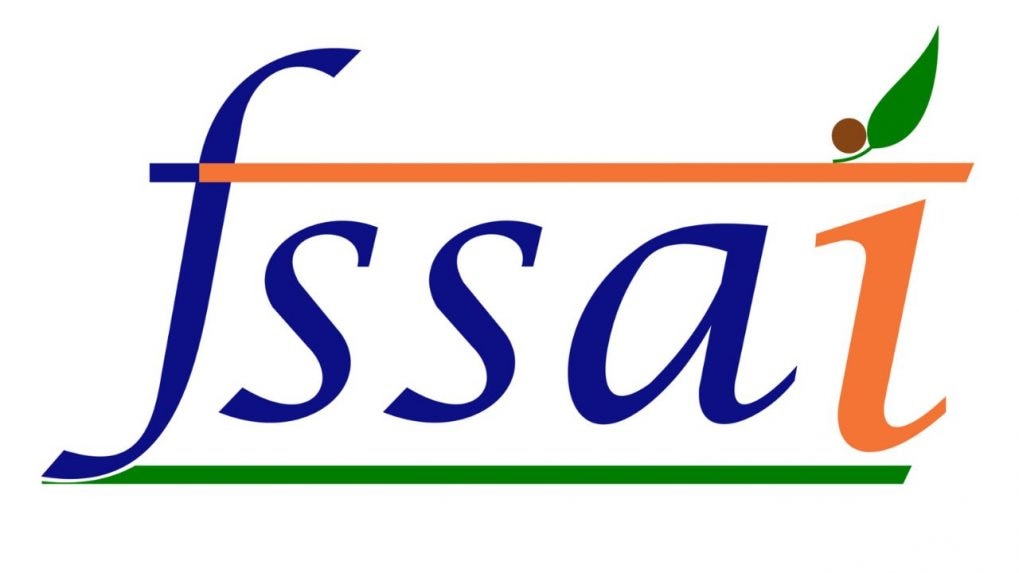FSSAI tightens compliance: FBOs must submit closure reports after license expiry
The new directive by the Food Safety and Standards Authority of India (FSSAI) mandates food businesses to declare status post-license expiry on Food Safety Compliance System portal, strengthening regulatory tracking and accountability.
ADVERTISEMENT
In a bid to strengthen compliance and improve transparency in the food business ecosystem, the Food Safety and Standards Authority of India (FSSAI) has mandated that all Food Business Operators (FBOs) submit a closure report or declare their status after the expiry of their license or registration.
As per the latest order issued on May 16, 2025, FBOs whose licenses or registrations have expired are now required to file a response via the FoSCoS (Food Safety Compliance System) portal. This procedural update aims to prevent the misuse of expired licenses and ensure accurate tracking of operational food businesses.
"All Food Business Operators (FBOs), whose FSSAI license/registration has been expired during FY 2024-25 are hereby directed to mandatorily submit a Closure Report. This report must confirm that no food business activity is being conducted at the respective premises on the expired FSSAI license / registration number or else, food businesses shall confirm whether new license / registration has been obtained. FBOs are also required to provide specific reasons for non-renewal of the FSSAI License.
Further, for all future cases, when FSSAI License/Registration gets expired, the Food Business Operator is directed to submit the reasons for closure of business/non-renewal of License/Registration. Such submissions must be made through the Food Safety Compliance System (FoSCoS) portal by the concerned FBO. This step is part of regulatory compliance and is required for maintaining transparency and traceability in the licensing framework," the advisory read.
The regulator further highlighted that operating a food business on expired FSSAI license/registration will be treated as a violation of Section 31 of the Food Safety and Standards Act, 2006, and may attract a penalty of up to Rs. 10 lakhs under Section 63.
The latest move is expected to help FSSAI maintain a cleaner and more up-to-date registry of active FBOs while ensuring that defunct or non-compliant businesses do not continue operations without valid licensing.
The new reporting mechanism reinforces the regulator's broader push toward digitized compliance and accountability, aligning with its mission to ensure safe and hygienic food practices across the country. Non-compliance with the directive could potentially invite scrutiny or penal action from state food safety departments.


